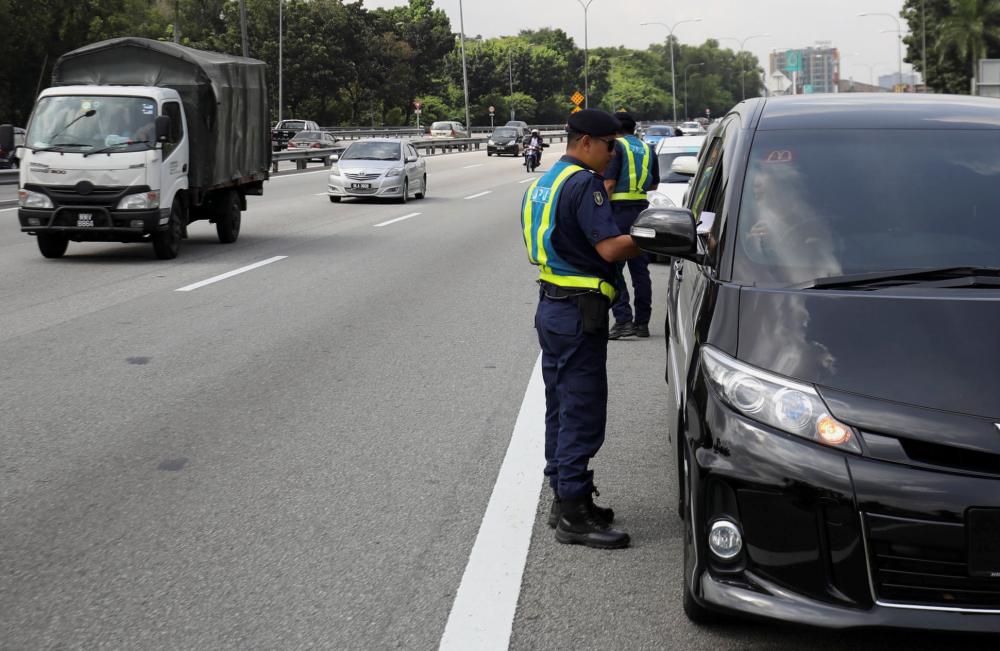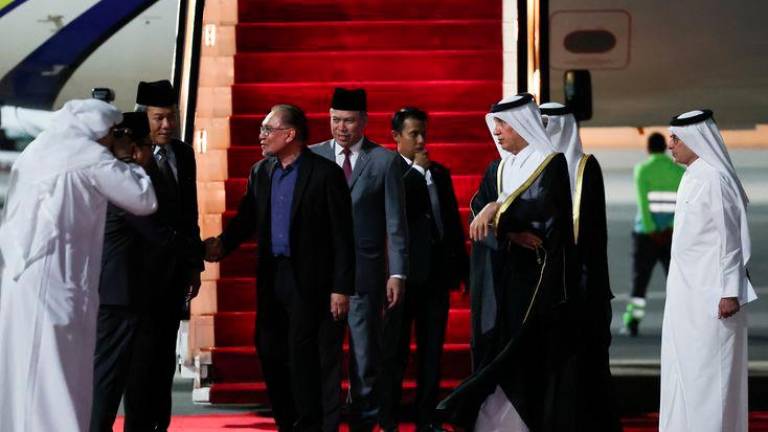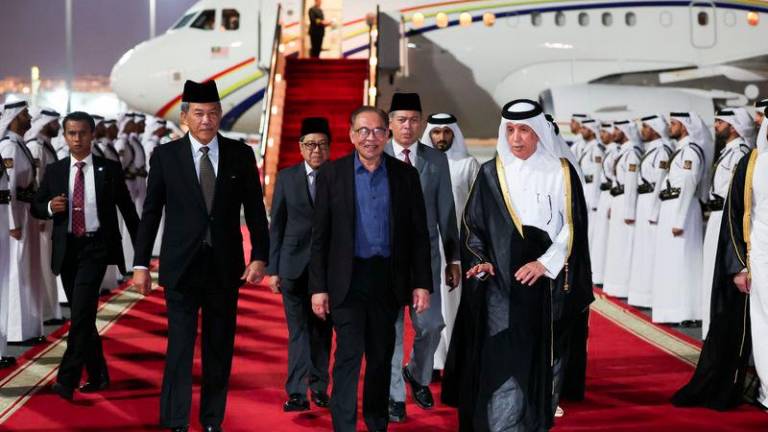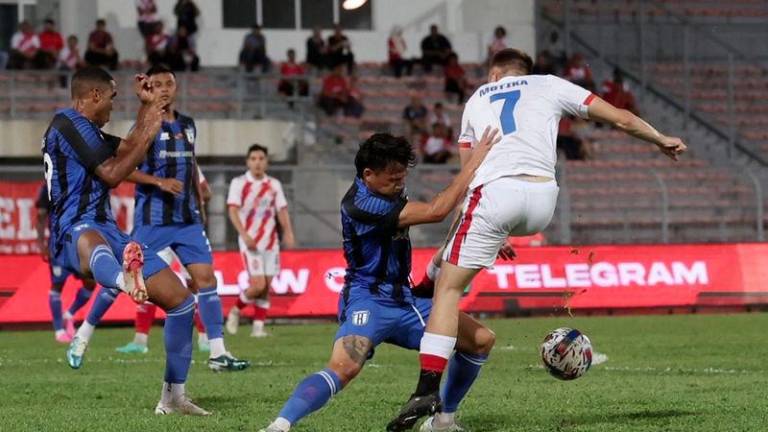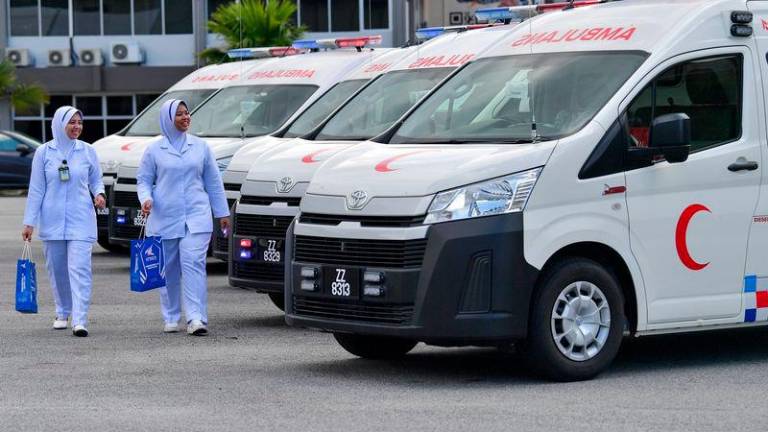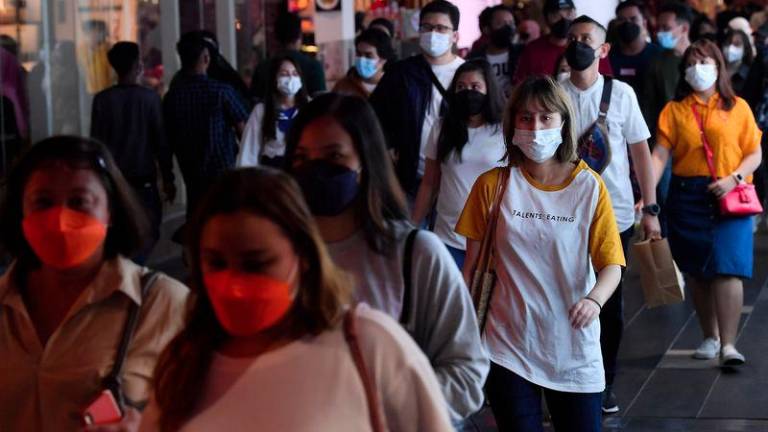PETALING JAYA: Experts and the public have raised concerns over Road Transport Department (RTD) officers wearing civvies when carrying out operations.
The matter came to light after a video was circulated on social media, which showed a coach driver refusing to cooperate with officers who were in plainclothes as he thought they were robbers.
Universiti Putra Malaysia Road Safety Research Centre head Assoc Prof Dr Law Teik Hua said carrying out undercover operations in civvies to book offenders is effective.
“Non-uniformed officers can observe and gather evidence of illegal activities, strengthening their case against offenders. However, being in civvies during operations raises concerns about impersonators.”
Law said in such scenarios, the public may be unwilling to cooperate if stopped as they may not obey orders from enforcement officers in civvies.
“Authorities use various methods to ensure people follow the law and keep the roads safe. Being in civvies is one of these strategies, but it is not always the best choice as it can also lead to defensive responses and unsafe road conditions.”
Law said officers must consider the risks posed to road users when carrying out operations in civvies.
“Transparency and accountability are also compromised when officers are not in uniform. Without the visual cue, ensuring accountability becomes significantly more challenging.”
Lawyer Kokila Vaani Vadiveloo said there is no legal requirement for officers to wear uniforms during operations.
She said under Section 123(1) of the Road Transport Act 1987 (Act 333), every police and road transport officer, or traffic warden, if not in uniform, can declare his office and produce documents to establish his identity, on demand, to any person whom he is acting against under the Act.
She said failure to do so may erode public trust and compromise the integrity of law enforcement efforts.
Truck driver Muhammad Rizal Abdul Ghani, 44, said officers are dedicated to their work, but he expressed “grave concern” when they carry out operations in civvies.
“When we park our lorries at rest areas, we are at risk of theft and robberies. Criminals target these areas and remote spots, especially at night to steal our cargo, fuel and personal items. We also face the danger of encountering aggressive people, putting us at risk of harm or assault.”
On the concerns raised by Rizal, Kokila Vaani said officers must revisit its undercover methods and implement measures to ensure public safety.
“These include clear guidelines for officers to identify themselves when required, and accountability mechanisms to address cases of misconduct.”
She said while the RTD’s commitment to road safety is commendable, it must be balanced with transparency and accountability.
“Instead of being in civvies, officers could prioritise public safety by increasing patrols in vulnerable areas and implementing effective communication strategies to engage with the community. To carry out patrols effectively, the department can use its communication channels to update its officers on patrol priorities and potential threats.”
Kokila Vaani said implementing a centralised system for reporting and tracking incidents can help ensure patrols are informed promptly. The department’s director-general Rospiagos Taha could not be reached for comment.



